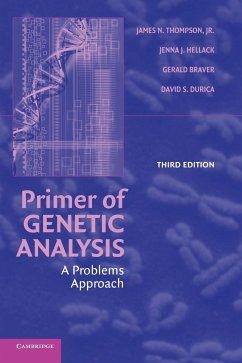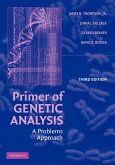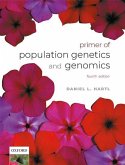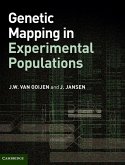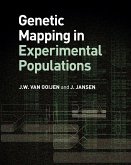An invaluable student-tested study aid, this primer provides guided instruction for the analysis and interpretation of genetic principles and practice in problem solving. Each section is introduced with a summary of useful hints for problem solving and an overview of the topic with key terms. A series of problems, generally progressing from simple to more complex, then allows students to test their understanding of the material. Each question and answer is accompanied by detailed explanation. This new edition includes additional problems in basic areas that often challenge students, extended coverage in molecular biology and development, an expanded glossary of terms, and updated historical landmarks. Students at all levels, from beginning biologists and premedical students to graduates seeking a review of basic genetics, will find this book a valuable aid. It will complement the formal presentation in any genetics textbook or stand alone as a self-paced review manual.

